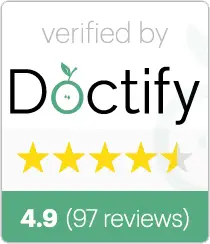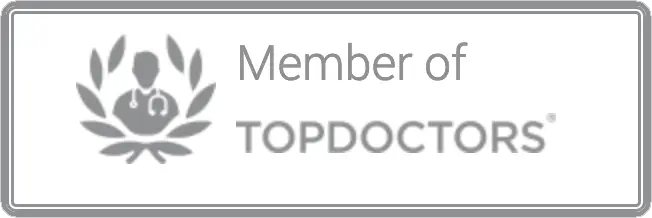
There are several different types of rotator cuff injuries, ranging from mild to severe. The most common type of injury is tendonitis, which is inflammation of the tendons. Other rotator cuff injuries include rotator cuff tears. Other problems around the rotator cuff tendons include shoulder bursitis.
Rotator cuff injury is sometimes associated with golf players because of the repetitive motions of the sport. It can also be caused by other activities that require frequent overhead arm movement, such as tennis or volleyball.
Symptoms of a rotator cuff injury may include:
- Pain in the shoulder, especially when reaching overhead or behind the back
- Weakness in the shoulder
- A clicking or cracking sensation when moving the shoulder
- Tenderness when pressure is applied to the shoulder
If you think you may have a rotator cuff injury, it’s important to see a doctor so that an accurate diagnosis can be made. Treatment will vary depending on the severity of the injury, but may include rest, ice, and physical therapy. In some cases, surgery may be necessary.
Preventing Rotator Cuff Injury as a Golf Player
If you play golf, you are at a higher risk for developing a rotator cuff injury. The repetitive motions required to swing a golf club can put strain on the muscles and tendons around the shoulder joint, leading to inflammation and pain. Golf is also associated with other injuries and you can read about them here.
There are several things you can do to help prevent or treat a rotator cuff injury:
- Use a warm-up regimen before playing golf. This will help to loosen the muscles and tendons around the shoulder joint, reducing your risk of injury.
- Use proper technique when swinging a golf club. This includes using your whole body to generate power, rather than just your arms.
- Take breaks during your round of golf. If you start to feel pain in your shoulder, take a few minutes to rest and ice the area.
- Use a golf club that is the right size for you. A club that is too long or too heavy can put strain on the rotator cuff muscles and tendons.
- Strengthen the muscles around the shoulder joint. This can help to reduce your risk of developing a rotator cuff injury.
Treatment of Rotator Cuff Injury
The options for treating rotator cuff injuries vary depending on the severity. As mentioned before, early rest, ice and physical therapy may be needed. Sometimes painkillers are required to control pain.
If you have a rotator cuff injury and experience sudden loss of movement in the arm then you should have this checked as you could have an acute rotator cuff tear which could require an operation to repair the tendon.
Most rotator cuff tears however are chronic, degenerative rotator cuff tears and these can be exacerbated by an injury but usually causes pain and doesn’t often result in loss of function. These tears can often be treated without an operation.
Consequences of Rotator Cuff Injury
A rotator cuff injury can cause a great deal of pain and discomfort. An acute rotator cuff tear can also lead to weakness in the shoulder and a loss of range of motion. In severe cases, surgery may be necessary to repair the damage.
Most rotator cuff tears thankfully do not require surgery. In 50% of patients over the age of 60, they will have a rotator cuff tear and not know it. In most of these patients an injury can be rehabilitated with physiotherapy and not need surgery.
Patients with massive chronic rotator cuff tears can, after years, go on to develop a condition called rotator cuff tear arthropathy which may require a joint replacement, but these are relatively rare under the age of 70.




